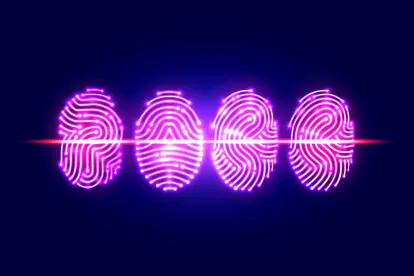Many businesses currently are defending a wave of class action lawsuits filed under the Illinois’ Biometric Information Privacy Act, popularly known as (“BIPA”). The floodgates to litigation were opened earlier this year when the Illinois Supreme Court ruled that individuals need not allege actual injury or adverse effect, beyond a violation of his/her rights under BIPA, in order to qualify as an “aggrieved” person and be entitled to seek liquidated damages, attorneys’ fees and costs, and injunctive relief under the Act. Potential damages are substantial as the BIPA provides for statutory damages of $1,000 per negligent violation or $5,000 per intentional or reckless violation of the Act. The majority of BIPA suits have been brought as class actions seeking statutory damages on behalf of each individual affected, exposing businesses to potentially crushing damages.
In February, SB2134 was introduced and would amend BIPA to delete the language that creates a private right of action. If enacted, the amendment would provide, instead, that violations resulting from the collection of biometric information by an employer for employment, human resources, fraud prevention, or security purposes would be subject to the enforcement authority of the Department of Labor. The amendment would permit employees and former employees to file a complaint with the DOL, provided they are filed within one year from the date of the violation. Violations of BIPA that constitute a violation of the Consumer Fraud and Deceptive Business Practices Act would be enforced by the Attorney General. If the amendment is enacted, the changes would be effective immediately. Of course, it is unclear what the effect would be for pending litigation.
We expect businesses will be watching developments concerning SB2134 closely, which is currently is in committee. However, businesses should continue their efforts to comply with the requirements of BIPA, which do not appear to be included in the changes being proposed in SB2134.




 />i
/>i

